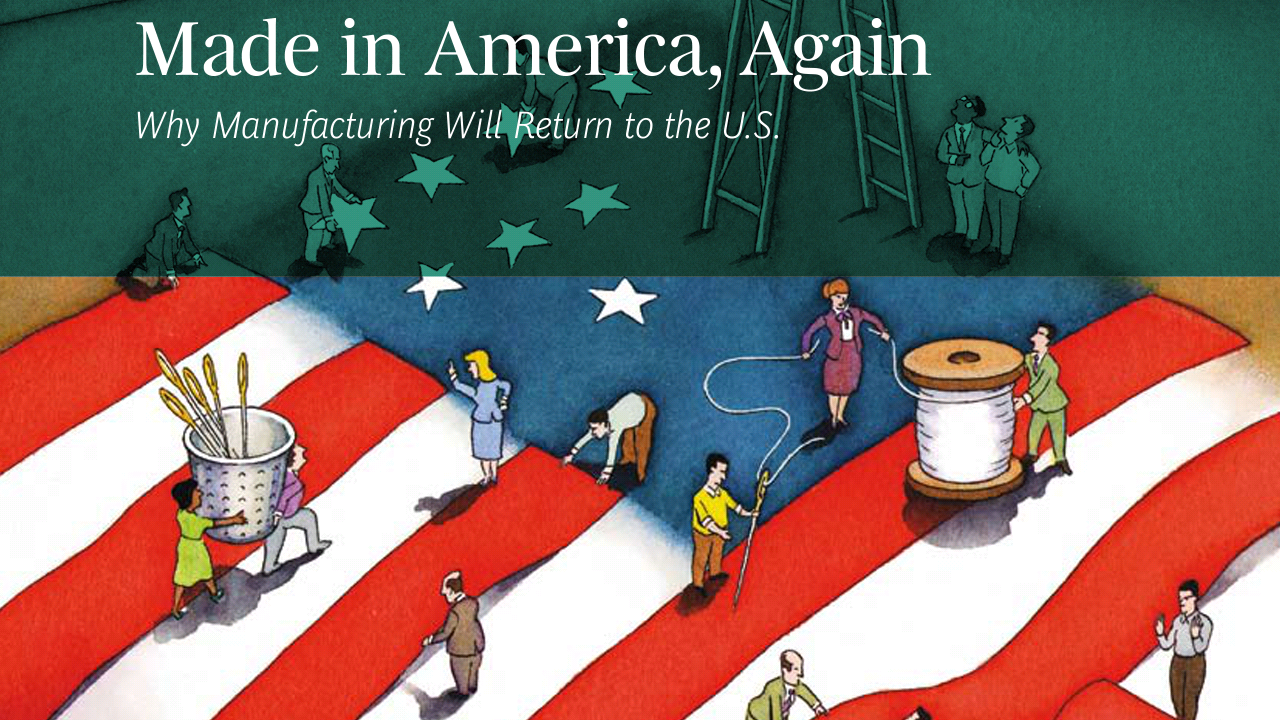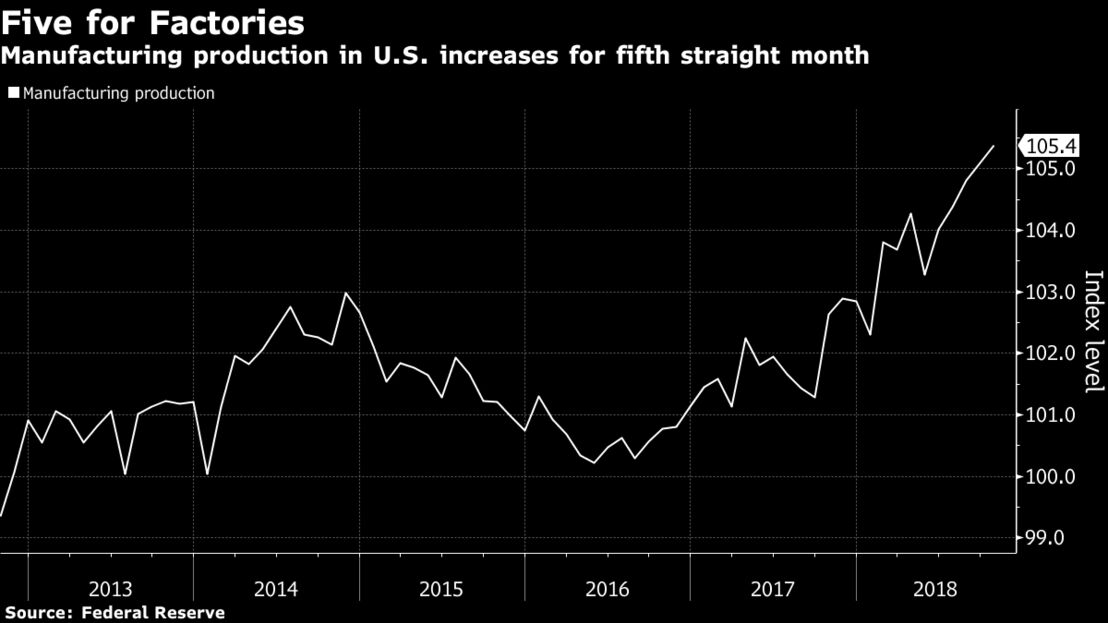- Joined
- Aug 18, 2009
- Messages
- 47,419
- Reaction score
- 20,821
I didn't say they were bad or dumb people. (I have family in N. Dakota)I actually come from the midwest (North Dakota) and spent the first half of my life there before my dad took a job and moved our family down to Phoenix; I'm the first one to get a university education. I guess you could say we're barefoot farm people compared to the coasts but we aren't bad or stupid people, Pan. :-/ I think the Southern US is a lot worse in those respects, with a lot more racism and bigotry to go around as well.
North Dakota's redness is bemusing because it's a place with the only state-owned bank in the nation, voted overwhelmingly to siphon billions of dollars from the private sector and into public wealth fund coffers from the Bakken energy boom, abolished the death penalty 45 years ago and has been looking at reforms to make its prisons more humane with social programs to further slash recidivism. It already has an incarceration rate about one-third the US average and one of the lowest unemployment rates as well. It's predominantly German / Norwegian stock, and fittingly strives to imitate the latter's contemporary country in a socioeconomic sense.
US News: North Dakota Provides Residents With Best Quality of Life
^ It rated particularly high on metrics such as gdp per capita, natural environment, social environment, infrastructure quality, food security, labor force participation rate, fiscal stability and balance budgeting.
With a population of around 755,000, North Dakota ranks No.1 for the quality of life it provides its residents.
The state's small towns promote a positive social environment in which people are not only supportive of one another, but they are able to engage in their communities and feel that they are making a difference.
"I think something truly special about North Dakota is the way people are invested in it and how they love the state and they love their communities. They express that with their engagement and their commitment to all things they believe in," says North Dakota Gov. Doug Burgum.
People want to have a purpose outside of their job, Burgum says, and North Dakota is a place where they can "be part of the community and make a difference."
I said the Midwest, writ large, has developed a reputation for not being open and inviting to the college crowd and/or minorities, that's balanced with a reputation for hard work and honesty/trustworthiness. The South has a reputation for having racists but it also has a reputation for Southern hospitality, a gentle way of life and general openness.
Those reputations might not be true but they are the reputations that people outside of those areas have about those areas. And those reputations will impact how desirable those areas are to outsiders. People who already live there can spend all day talking about how great it is but that's not real reach.
I was reading about how major metropolitan areas take control of their branding to change the type of people who consider their region for living, working and starting new companies. Every city has wonderful things but not every city is adept at selling those things to the general population. Most cities never even get beyond targeting tourists, let alone comprehensively re-branding themselves.
Philadelphia is always a fascinating case study because it sits between D.C. and NYC (and because I went to law school there). It's the comparatively ugly step-daughter no matter how you try to change it. Apparently, 20 years ago Philly got tired of being seen that way by the nation and started re-branding themselves. They spent a ton of money marketing the city to people all over the East Coast as a dining hub, a sports mecca, a cultural center. They spent money combating the "Philly hates Santa Claus" reputation. They embraced Rocky as a cultural icon and a representative of their value system. It worked.
Then they started targeting DC and NYC. Instead of competing with those cities, they started positioning themselves as an affordable intermediary. Live in Phila. for less while still working in D.C. or NYC. Or live in those cities but come to Phila. for cheap weekend trips. 20 years later, they've seen pretty solid results in turning around the city's rep nationally and internationally.
The Midwest needs to undertake a similar charm offensive.










